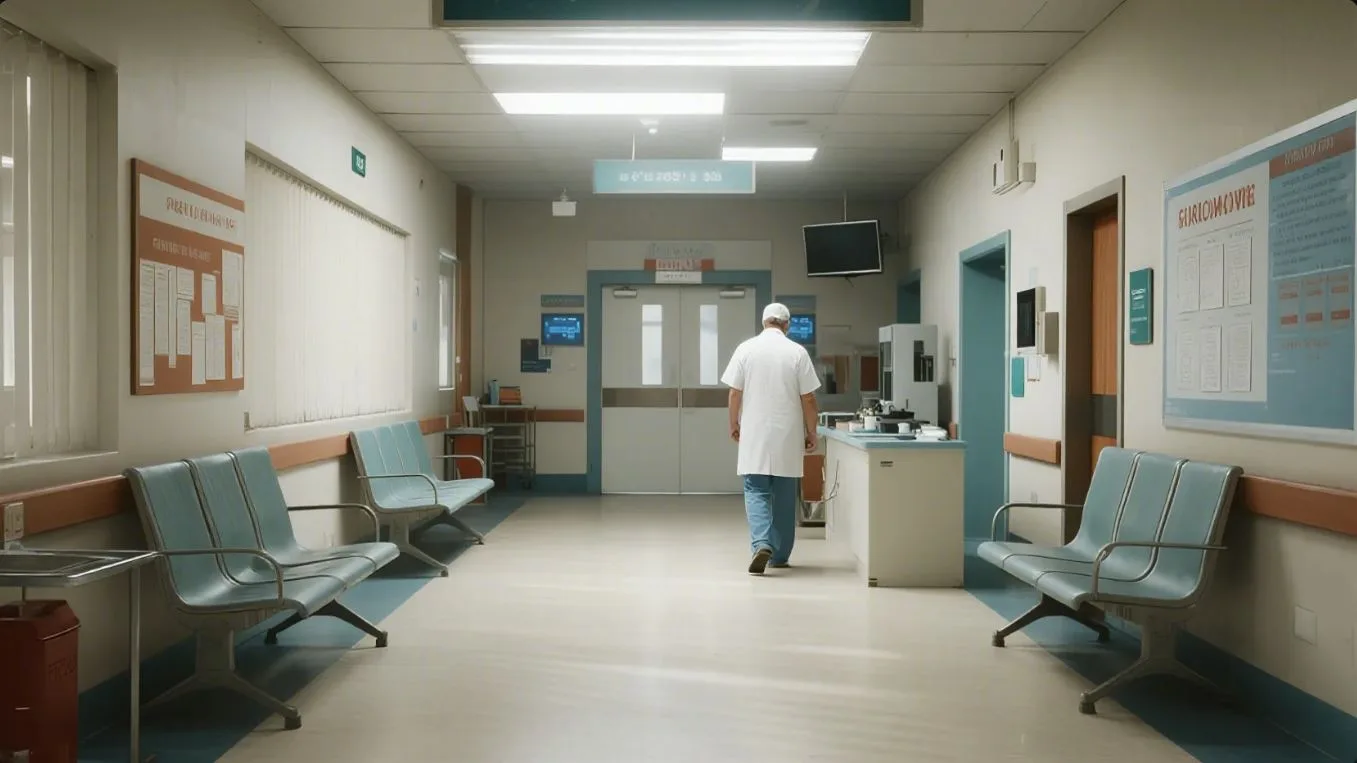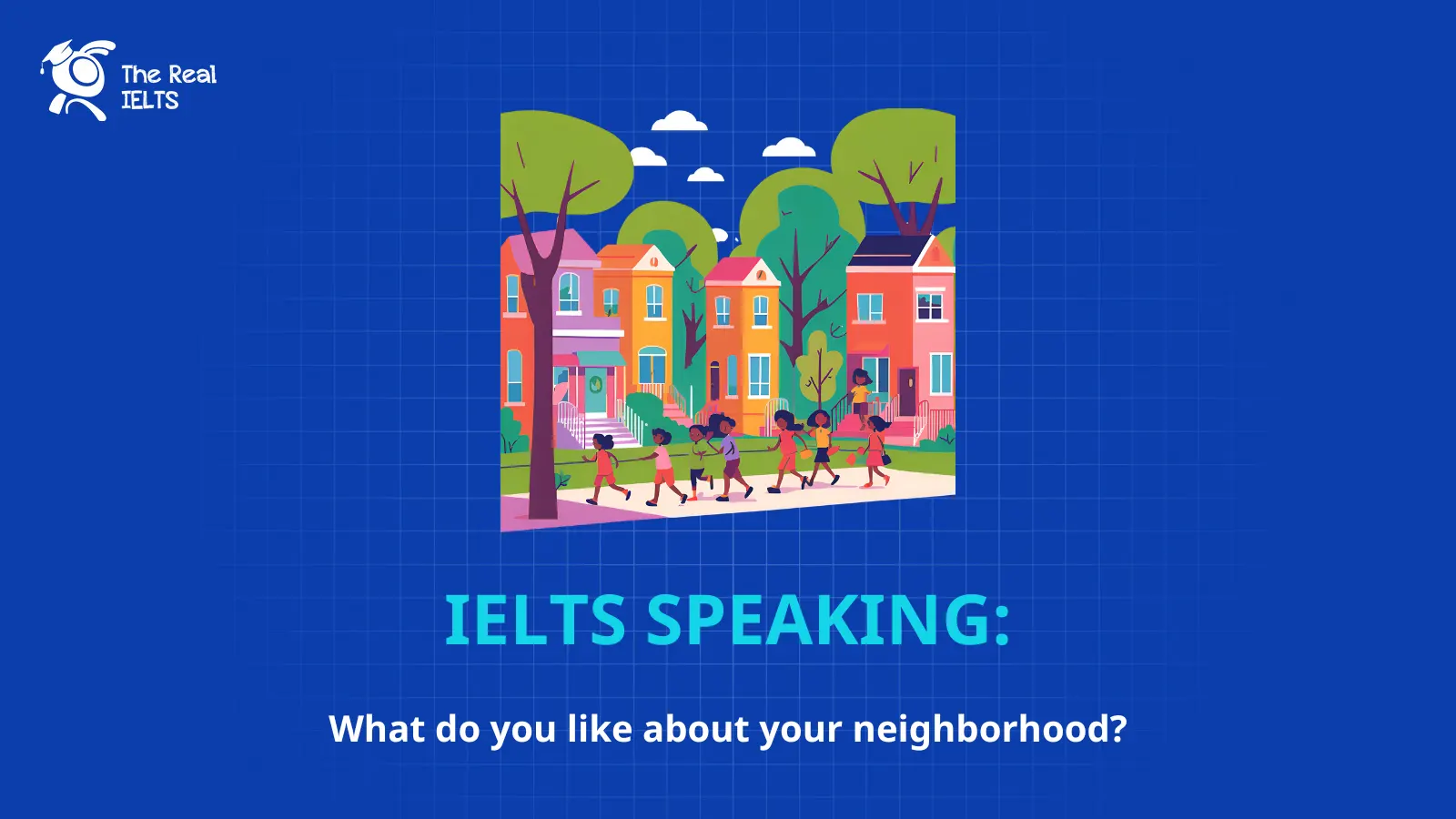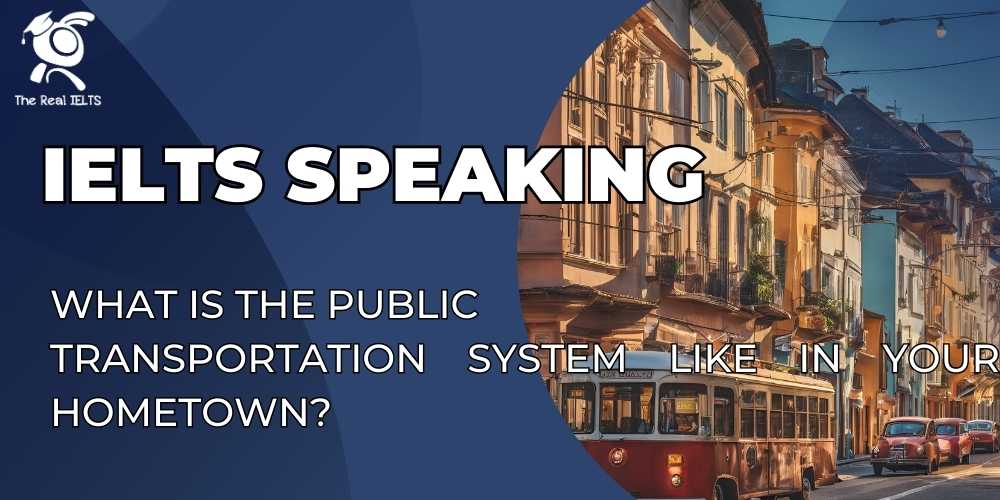100 ví dụ hỏi và trả lời về bệnh viện
Đọc thêm: 101 Bài Tiếng Anh Giao Tiếp Cơ Bản Full
Personal Experiences with Hospitals
- Q: Have you ever stayed in a hospital?
A: Yes, for a minor surgery—it was a smooth experience. - Q: What’s a memorable hospital visit you’ve had?
A: Visiting a newborn family member—it was joyful. - Q: How did a hospital experience impact you?
A: It taught me to appreciate healthcare workers. - Q: What’s a positive hospital memory you have?
A: The kind nurse who comforted me during a procedure. - Q: How do you feel about visiting hospitals?
A: I feel a mix of respect and nervousness. - Q: What’s a hospital service you’re grateful for?
A: Emergency care—it saved a friend’s life. - Q: How was your experience with hospital staff?
A: They were professional and caring. - Q: What’s a lesson you learned from a hospital visit?
A: The importance of staying calm in emergencies. - Q: How do hospitals make you feel safe?
A: Their trained staff and protocols are reassuring. - Q: What’s a hospital moment that inspired you?
A: Seeing doctors work tirelessly during a crisis.
Hospital Services and Operations
- Q: What’s an essential service hospitals provide?
A: Emergency care for life-threatening situations. - Q: How do hospitals ensure patient safety?
A: Through strict hygiene and safety protocols. - Q: What’s a hospital department you know about?
A: The ICU—it cares for critically ill patients. - Q: How do hospitals handle emergencies?
A: With rapid response teams and triage systems. - Q: What’s a common hospital procedure you’ve heard of?
A: Blood tests for diagnosing health issues. - Q: How do hospitals manage patient records?
A: Using electronic health record systems. - Q: What’s a hospital service you find impressive?
A: Robotic surgery for precision. - Q: How do hospitals coordinate care for patients?
A: Through teamwork among doctors, nurses, and specialists. - Q: What’s a hospital facility you appreciate?
A: Pharmacies for quick access to medications. - Q: How do hospitals prepare for disasters?
A: With emergency drills and backup supplies.
Healthcare Workers
- Q: Who’s a hospital worker you admire?
A: Nurses—they’re compassionate and skilled. - Q: How do doctors contribute to hospital care?
A: They diagnose and create treatment plans. - Q: What’s a quality you admire in hospital staff?
A: Patience under pressure. - Q: How do nurses support patients in hospitals?
A: They provide care and emotional support. - Q: What’s a challenge for hospital workers?
A: Long hours and emotional stress. - Q: How can we support hospital staff?
A: By appreciating their work and advocating for better conditions. - Q: What’s a role of hospital support staff?
A: Janitors keep the hospital clean and safe. - Q: How do hospital workers stay motivated?
A: By focusing on helping patients recover. - Q: What’s a skill hospital workers need?
A: Communication to explain complex issues clearly. - Q: How do you thank hospital workers?
A: With kind words or small gestures of gratitude.
Patient Care and Experience
- Q: How do hospitals make patients feel comfortable?
A: With friendly staff and clean environments. - Q: What’s a way hospitals improve patient care?
A: By listening to patient feedback. - Q: How do hospitals handle patient privacy?
A: Through strict confidentiality policies. - Q: What’s a patient care service you’ve seen?
A: Physical therapy to aid recovery. - Q: How do hospitals support families of patients?
A: With waiting areas and clear updates. - Q: What’s a way to improve the patient experience?
A: Offering mental health support during stays. - Q: How do hospitals ensure accurate diagnoses?
A: With advanced tests and specialist consultations. - Q: What’s a patient right you think is important?
A: The right to clear information about treatment. - Q: How do hospitals manage patient pain?
A: With medications and alternative therapies. - Q: What’s a hospital service for mental health?
A: Counseling for patients and families.
Technology in Hospitals
- Q: What’s a technology hospitals use for care?
A: MRI machines for detailed imaging. - Q: How has technology improved hospital care?
A: Telemedicine allows remote consultations. - Q: What’s a tech innovation in hospitals you’ve heard of?
A: AI for predicting patient outcomes. - Q: How do hospitals use electronic records?
A: To track patient history and share data securely. - Q: What’s a tech tool that helps hospital staff?
A: Wearable monitors for real-time patient data. - Q: How does technology speed up hospital processes?
A: Automated systems streamline scheduling. - Q: What’s a hospital tech you’re excited about?
A: Robotic assistants for surgeries. - Q: How do hospitals ensure tech safety?
A: With regular maintenance and cybersecurity. - Q: What’s a tech challenge in hospitals?
A: Training staff to use new systems. - Q: How does technology improve patient outcomes?
A: Precise diagnostics lead to better treatments.
Hospital Safety and Regulations
- Q: How do hospitals ensure a safe environment?
A: With strict hygiene and safety protocols. - Q: What’s a safety rule in hospitals you know?
A: Handwashing to prevent infections. - Q: How do hospitals prepare for emergencies?
A: With drills and stocked supplies. - Q: What’s a hospital regulation you’ve heard of?
A: Patient confidentiality under HIPAA. - Q: How do hospitals prevent medical errors?
A: With double-check systems and protocols. - Q: What’s a safety concern in hospitals?
A: Hospital-acquired infections. - Q: How do hospitals manage infectious diseases?
A: With isolation rooms and PPE. - Q: What’s a way to improve hospital safety?
A: Regular staff training on safety measures. - Q: How do hospitals ensure equipment safety?
A: With routine inspections and maintenance. - Q: What’s a safety tip for hospital visitors?
A: Follow visiting rules and sanitize hands.
Community and Hospital Impact
- Q: How do hospitals benefit your community?
A: They provide critical care and jobs. - Q: What’s a hospital program you admire?
A: Free health screenings for locals. - Q: How do hospitals support public health?
A: With vaccination drives and education. - Q: What’s a community health issue hospitals address?
A: Chronic diseases like diabetes. - Q: How do hospitals engage with the community?
A: Through health fairs and outreach programs. - Q: What’s a hospital’s role in a crisis?
A: They provide emergency care and resources. - Q: How do hospitals promote wellness?
A: With programs on nutrition and exercise. - Q: What’s a way hospitals help underserved groups?
A: Offering free or low-cost clinics. - Q: How do hospitals educate the public?
A: Through workshops and health campaigns. - Q: What’s a hospital event you’ve attended?
A: A community health fair with free checkups.
Challenges in Hospitals
- Q: What’s a challenge hospitals face today?
A: Staff shortages due to high demand. - Q: How do hospitals handle overcrowding?
A: With triage systems and extra resources. - Q: What’s a financial challenge for hospitals?
A: Balancing costs with quality care. - Q: How do hospitals manage patient wait times?
A: By streamlining processes and prioritizing cases. - Q: What’s a challenge for hospital staff?
A: Burnout from long hours. - Q: How do hospitals address language barriers?
A: With interpreters and translation services. - Q: What’s a challenge in rural hospitals?
A: Limited resources and specialists. - Q: How do hospitals cope with emergencies?
A: With trained teams and backup plans. - Q: What’s a hospital issue you’ve noticed?
A: Long wait times in emergency rooms. - Q: How can hospitals improve patient access?
A: By expanding telehealth services.
Future of Hospitals
- Q: How will hospitals evolve in the future?
A: With more tech-driven, personalized care. - Q: What’s a future tech for hospitals you’re excited about?
A: AI diagnostics for faster results. - Q: How can hospitals become more sustainable?
A: By using energy-efficient systems. - Q: What’s a future goal for hospital care?
A: Universal access to quality healthcare. - Q: How will technology improve hospital efficiency?
A: Automation will streamline administrative tasks. - Q: What’s a future challenge for hospitals?
A: Keeping up with rapid tech advancements. - Q: How will hospitals address mental health in the future?
A: With integrated mental health programs. - Q: What’s a hospital trend you’ve noticed?
A: Increased use of telemedicine. - Q: How can hospitals prepare for future pandemics?
A: With better stockpiles and response plans. - Q: What’s your vision for hospitals in the future?
A: High-tech, patient-centered, and accessible.
Hospital Advocacy and Support
- Q: How can we support hospitals in our community?
A: By donating or volunteering time. - Q: What’s a way to advocate for better hospitals?
A: Supporting policies for healthcare funding. - Q: How do you show gratitude to hospital workers?
A: With thank-you notes or small gifts. - Q: What’s a hospital cause you support?
A: Free care for low-income patients. - Q: How can communities help hospital staff?
A: By providing mental health resources. - Q: What’s a way to raise hospital awareness?
A: Sharing stories of their impact. - Q: How do you stay informed about hospital issues?
A: By following health news and reports. - Q: What’s a hospital program you’d like to see?
A: More mental health support for patients. - Q: How can hospitals improve community trust?
A: By being transparent and inclusive. - Q: What’s your hope for hospitals globally?
A: Quality care for all, regardless of income.















